Heart Double Valve Replacement Cost in Israel from top hospitals starts from ILS 247000 (USD 65000)approx
.The heart consists of four valves – Mitral valve and tricuspid valve (between the upper and lower heart chambers) and the aortic and pulmonary valve (in the two arteries that leave the wall). These valves allow nutrient-laden blood to flow into the heart. When the valves are diseased, they aren’t able to perform their functions well. The two key conditions that might afflict the valves include -
Stenosis – This is when the walls of blood vessels narrow down carrying less than optimal amount of nutrient-rich blood to the heart. This may cause the heart muscle to work harder to pump the blood
Regurgitation – Another issue is the leaking walls that leads to slightly open valve. This can allow the blood to flow backwards.
Patients may display symptoms such as dizziness, chest pain, palpitations, or difficulty in breathing. If just one of the two i.e. the mitral and aortic valve needs to be repaired then a valve repair or replacement surgery is carried out. However, if both valves are having issues, then it makes sense to go for a double valve replacement surgery. Here, both the aortic and mitral valves are replaced, so the valvular dysfunctions leading to stenosis or regurgitation are addressed.
The advanced medical and healthcare expertise means that Israel has emerged as one of the coveted destinations to receive patients from all over the world. With cutting edge medical infrastructure, the country can be counted as one of the few destinations where the complex double valve replacement surgeries can be performed without any issues. The growth of multi-specialty hospitals especially in the field of cardiac sciences has further enhanced Israel’s reputation as the country to visit for better quality medical care. The nation has many doctors that are capable in the field of minimally invasive transcatheter aortic valve replacement (TAVR) and transcatheter mitral valve repair. Hospitals like Sourasky Medical Center (Tel Aviv) have dedicated cardiology departments where cardiac surgical procedures are carried out. These reasons make Israel a leading country to get Double valve replacement surgery.
| Country | Cost | Local_currency |
|---|---|---|
| Czechia | USD 45000 | Czechia 1021050 |
| Greece | USD 28000 | Greece 25760 |
| India | USD 9000 | India 748350 |
| Israel | USD 65000 | Israel 247000 |
| Poland | USD 15000 | Poland 60600 |
| South Korea | USD 70000 | South Korea 93988300 |
| Thailand | USD 50000 | Thailand 1782500 |
| Tunisia | USD 17000 | Tunisia 52870 |
| Turkey | USD 15000 | Turkey 452100 |
| United Arab Emirates | USD 45000 | United Arab Emirates 165150 |
Treatment cost
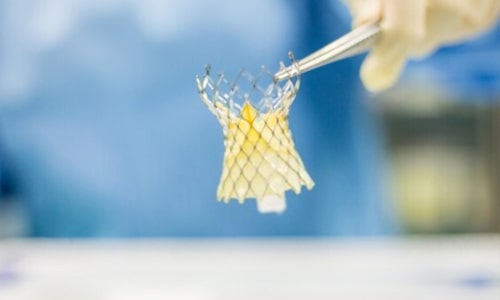
We provide numerous services for your medical journey, including:
With us, you are sure to receive all the benefits at competitive prices which is a better choice than paying actual hospital costs. The Double Valve Replacement Surgery involves replacement of both aortic and mitral valve. This type of replacement procedure is done under general anesthesia with both minimally invasive & conventional techniques. During conventional surgery, an incision is made in the neck right to the navel and for less invasive surgery, the incision is smaller thus leading to less infection., If you are thinking of Double Valve Replacement Surgery at Medicana Camlica Hospital in Turkey, then you must grab this beneficial package that covers every advantage for your treatment & stay.
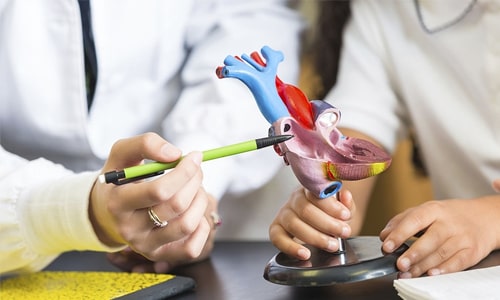
We provide numerous services for your medical journey, including:
We provide packages at economical prices with a number of additional benefits which make it a better opportunity than spending actual hospital costs with singular benefits. The Double Valve Replacement Surgery involves replacement of both aortic and mitral valve. This type of replacement procedure is done under general anesthesia with both minimally invasive & conventional techniques. During conventional surgery, an incision is made in the neck right to the navel and for less invasive surgery, the incision is smaller thus leading to less infection., If you are thinking of Double Valve Replacement Surgery at Sharda Hospital in India, then you must grab this beneficial package that covers every advantage for your treatment & stay.
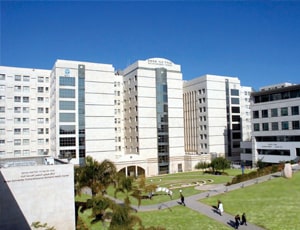
Rabin Medical Center located in Petah Tikva, Israel is accredited by JCI. Also listed below are some of the most prominent infrastructural details:
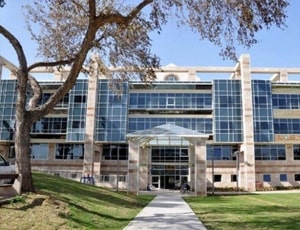
Kaplan Medical Centre located in Rehovot, Israel is accredited by JCI. Also listed below are some of the most prominent infrastructural details:
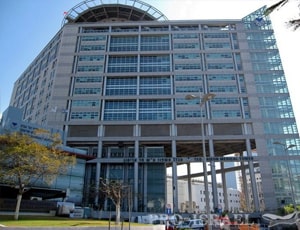
Tel Aviv Sourasky Medical Center -Ichilov Hospital located in Tel-Aviv, Israel is accredited by JCI. Also listed below are some of the most prominent infrastructural details:

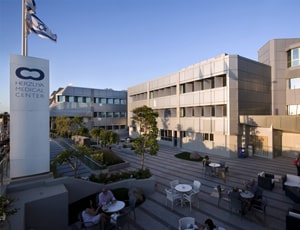
Apart from in-detail treatment procedures available, Herzliya Medical Center located in Herzliya, Israel has a wide variety of facilities available for International Patients. Some of the facilities which are provided by them are Accommodation, Airport Transfer, Interpreter, SIM, TV inside room. Also listed below are some of the most prominent infrastructural details:
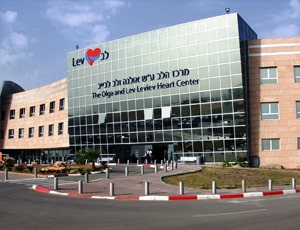
Sheba Medical Center located in Tel-Hashomer, Israel is accredited by JCI. Also listed below are some of the most prominent infrastructural details:
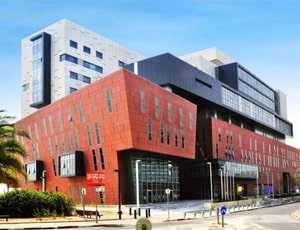
Assuta Hospital located in Tel-Aviv, Israel is accredited by JCI. Also listed below are some of the most prominent infrastructural details:
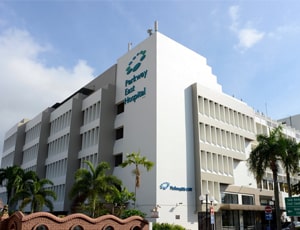
Parkway East Hospital located in Joo Chiat Pl, Singapore is accredited by JCI. Also listed below are some of the most prominent infrastructural details:
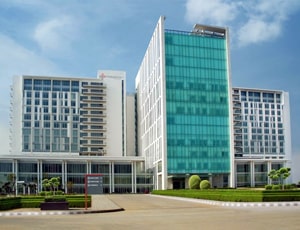
Types of Heart Double Valve Replacement in Medanta - The Medicity and its associated cost
| Treatment Option | Approximate Cost Range (USD) | Approximate Cost Range (INR) |
|---|---|---|
| Heart Double Valve Replacement (Overall) | 10319 - 16929 | 840020 - 1401667 |
| Simultaneous Double Valve Replacement (DVR) | 13347 - 22737 | 1095882 - 1876378 |
| Staged Double Valve Replacement (DVR) | 11254 - 19806 | 904175 - 1675454 |
DOCTORS IN 14 SPECIALITIES
FACILITIES & AMENITIES
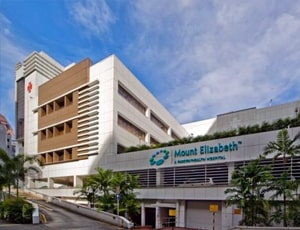
Mount Elizabeth Hospital located in Singapore, Singapore is accredited by JCI. Also listed below are some of the most prominent infrastructural details:
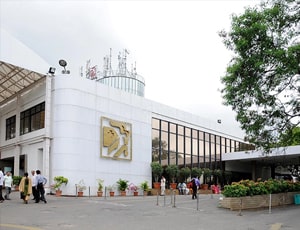
Types of Heart Double Valve Replacement in Apollo Hospitals and its associated cost
| Treatment Option | Approximate Cost Range (USD) | Approximate Cost Range (INR) |
|---|---|---|
| Heart Double Valve Replacement (Overall) | 10170 - 16973 | 837817 - 1365879 |
| Simultaneous Double Valve Replacement (DVR) | 13680 - 22592 | 1114916 - 1808207 |
| Staged Double Valve Replacement (DVR) | 11178 - 20422 | 925241 - 1649116 |
DOCTORS IN 14 SPECIALITIES
FACILITIES & AMENITIES
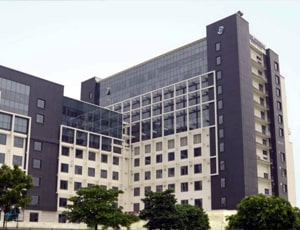
Types of Heart Double Valve Replacement in Venkateshwar Hospital and its associated cost
| Treatment Option | Approximate Cost Range (USD) | Approximate Cost Range (INR) |
|---|---|---|
| Heart Double Valve Replacement (Overall) | 9133 - 15216 | 745411 - 1252839 |
| Simultaneous Double Valve Replacement (DVR) | 12126 - 20304 | 997408 - 1666149 |
| Staged Double Valve Replacement (DVR) | 10189 - 18210 | 833800 - 1498805 |
DOCTORS IN 13 SPECIALITIES
FACILITIES & AMENITIES
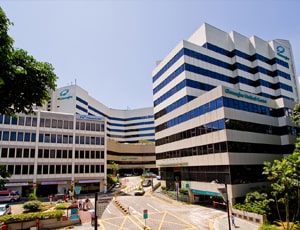
Gleneagles Hospital located in Napier Road, Singapore is accredited by JCI. Also listed below are some of the most prominent infrastructural details:
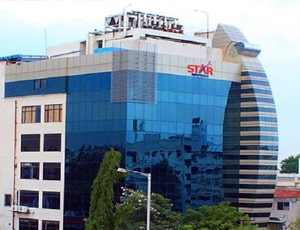
Types of Heart Double Valve Replacement in Star Hospitals and its associated cost
| Treatment Option | Approximate Cost Range (USD) | Approximate Cost Range (INR) |
|---|---|---|
| Heart Double Valve Replacement (Overall) | 8478 - 13934 | 694024 - 1137423 |
| Simultaneous Double Valve Replacement (DVR) | 11319 - 18903 | 933440 - 1543938 |
| Staged Double Valve Replacement (DVR) | 9223 - 16807 | 776155 - 1370249 |
DOCTORS IN 12 SPECIALITIES
FACILITIES & AMENITIES
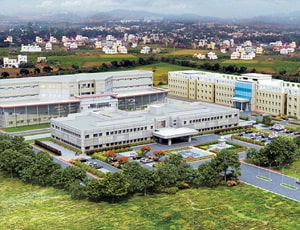
Types of Heart Double Valve Replacement in Global Health City and its associated cost
| Treatment Option | Approximate Cost Range (USD) | Approximate Cost Range (INR) |
|---|---|---|
| Heart Double Valve Replacement (Overall) | 10121 - 16576 | 840710 - 1387156 |
| Simultaneous Double Valve Replacement (DVR) | 13653 - 22089 | 1101208 - 1818477 |
| Staged Double Valve Replacement (DVR) | 11151 - 19801 | 936780 - 1661370 |
DOCTORS IN 14 SPECIALITIES
FACILITIES & AMENITIES
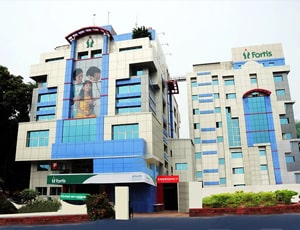
Types of Heart Double Valve Replacement in Fortis Malar Hospital and its associated cost
| Treatment Option | Approximate Cost Range (USD) | Approximate Cost Range (INR) |
|---|---|---|
| Heart Double Valve Replacement (Overall) | 9117 - 15167 | 746728 - 1251969 |
| Simultaneous Double Valve Replacement (DVR) | 12144 - 20356 | 999985 - 1657936 |
| Staged Double Valve Replacement (DVR) | 10140 - 18323 | 831894 - 1494657 |
DOCTORS IN 9 SPECIALITIES
FACILITIES & AMENITIES
Double valve surgery is described as a surgical procedure where two heart valves are repaired or replaced during the same operation. The heart has four valves—two atrioventricular valves (mitral and tricuspid) and two semilunar valves (aortic and pulmonary). These valves play a crucial role in ensuring blood flows in the correct direction through the heart. The heart valves play a crucial role in allowing nutrient-rich blood to flow through the heart's chambers. Ideally, each valve should close completely after guiding blood flow. However, when heart valves are diseased, they may not function properly.
Double valve surgery becomes necessary when both the aortic and mitral valves or both the mitral and tricuspid valves are affected by disease or dysfunction. The reasons for double valve surgery include:
Stenosis, which is the narrowing of blood vessels, reduces the normal blood flow to the heart, making the muscle work harder. Leaky valves, known as regurgitation, occur when a valve doesn't close tightly, allowing blood to flow backward. This can lead to symptoms of valvular heart disease, including fatigue, dizziness, lightheadedness, shortness of breath, cyanosis, chest pain, and fluid retention, especially in the lower limbs.
Heart valve repair is an option for treating valvular heart disease, but in some cases where the damage is severe, a total replacement of the affected valve may be the only solution.
Mechanical Valves: These are artificial components made from materials like carbon and polyester, well-tolerated by the human body. They serve the same purpose as natural heart valves and have a lifespan of 10 to 20 years. However, a drawback is the risk of blood clots. If you get a mechanical heart valve, you'll need to take blood thinners for life to reduce the risk of stroke.
Biologic Valves (Bioprosthetic Valves): These valves are crafted from human or animal tissue. There are three types:
Heart double-valve replacement surgery is conducted under general anesthesia, using either conventional or minimally invasive techniques. In conventional surgery, a sizable incision is made from your neck to your navel. Opting for less invasive surgery can result in a shorter incision, reducing the risk of infection.
To replace a diseased valve successfully, the surgeon requires your heart to be still. This involves placing you on a bypass machine, ensuring blood circulation and lung function during the procedure. Incisions are made into your aorta through which the faulty valves are removed and replaced with new ones. While valve replacement surgery is generally safe, there is a nearly 2 percent risk of mortality associated with the procedure.
Post-surgery, the patient is shifted to the ICU for close monitoring for several days. Blood pressure, ECG tracing, breathing rate, and oxygen levels are closely studied. You may require staying in the hospital for several days after heart valve replacement surgery. With the help of the ventilator, breathing is assisted via a tube inserted in the throat. The breathing machine will be further adjusted as the patient keeps growing stable and once the patient can breathe and cough on their own, the tube is removed.
Along with this, the stomach tube is also removed. Every two hours, a nurse would help the patient take deep breaths and cough. This feels sore but is vital to prevent the accumulation of mucus in the lungs and prevent pneumonia. The patient is taught to hug a pillow tightly while coughing to ease out any discomfort. The patient must express discomfort felt at coughing and medications are suggested accordingly. Slowly fluid intake is initiated and you can gradually increase your daily activities such as walking around the room. After a few days, the patient is shifted to the recovery room where the rest of the recovery takes place before discharge.
You can notify your doctor if you feel swelling and redness around the incision area, fevers, chills, or pain in the area of the incision. You should rest and keep the surgical area as clean as possible at home.
Ask your healthcare adviser for the best multiple options and choose the one that meets your expectations
The minimum cost of Heart Double Valve Replacement in Israel is about USD$ 65000. In Israel, Heart Double Valve Replacement is conducted across many multispecialty hospitals.
Different hospitals have different pricing policy when it comes to the cost of Heart Double Valve Replacement in Israel. The cost quoted by some of the best hospitals for Heart Double Valve Replacement in Israel generally covers the pre-surgery investigations of the patient. The Heart Double Valve Replacement package in Israel includes the fees of the surgeon, hospitalization and anesthesia as well. A prolonged hospital stay due to delayed recovery, new diagnosis and complications after surgery may increase the cost of Heart Double Valve Replacement in Israel.
There are several best hospitals for Heart Double Valve Replacement in Israel. Some of the most renowned hospitals for Heart Double Valve Replacement in Israel include the following:
After discharge from the hospital, the patient has to stay for another 21 days in the country for complete recovery. During this time, the patient undergoes medical tests and consultations. this is to ensure that the treatment was successful and the patient us safe to return.
Israel is considered to be one of the best places for Heart Double Valve Replacement in the world. This is because of the availability of some of the best doctors, advanced medical technology and good hospital infrastructure. However, some of the other popular destinations for Heart Double Valve Replacement include the following:
There are certain additional cost that the patient has to pay apart from the Heart Double Valve Replacement cost. These include the cost of accommodation and meals outside hospital. The per day cost in this case may range around USD$ 75.
Some of the popular cities in Israel that offer Heart Double Valve Replacement include the following:
The average duration of stay at the hospital after Heart Double Valve Replacement is about 5 days for proper care and monitoring. This time frame is important for the patient to recover properly and feel comfotable after the surgery. With the help of several tests, it is determined that the patient is doing fine after the surgery and is okay to be discharged.
There are about 6 Heart Double Valve Replacement hospitals in Israel that are best known for their services. These hospitals have the required expertise as well as infrastructure available to handly patients who need Heart Double Valve Replacement
Double valve surgery is considered a slightly high-risk procedure. It is crucial that the patient gets access to top heart specialists and interventional surgeons to get proper medical care and bring down the risks associated with the procedure. The state of medical excellence in Israel has made the nation the preferred choice for double valve replacements for patients coming in from countries like the US and UK.
Some of the key cost factors include
Flight, transfers, accommodation
Hospital stay for around 8-12 weeks
The type of surgery (either minimally invasive surgery or open-heart surgery)
The type of valve (mechanical or biological valves)
In the US, the cost of the treatment will be around $80,000 to $2,00,000. But in Israel, the costs are just a fraction of this number. Even after considering the flight and accommodation options, the overall cost remains low.
With highly advanced treatment facilities available at multiple hospitals, Israel has high success rates in this procedure. Highly qualified and experienced surgeons and cardiac care specialists ensure that the level of care provided to the patient is on par with any of the leading hospitals in Europe, Australia, or the US.
Sourasky Medical Center in Tel Aviv was established in 1961. It consists of specialized hospitals and departments such as the Sammy Ofer Heart Institute. Situated just 40 mins away from Ben Gurion Airport, the medical center has experts like Dr. Sami Viskin and Dr. Gady Keren who provide their extensive experience in cardiovascular disease treatments
There are many multidisciplinary medical centers and hospitals across Israel that have dedicated cardiac departments. Cities like Tel Aviv, Jerusalem, and Haifa are great options to explore. With world-class experts dealing in different pathologies and medical conditions, and amiable climatic condition for fast recovery, the cities of Israel emerge as frontrunners.